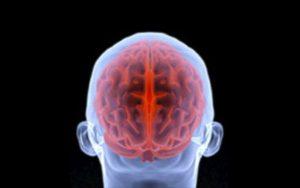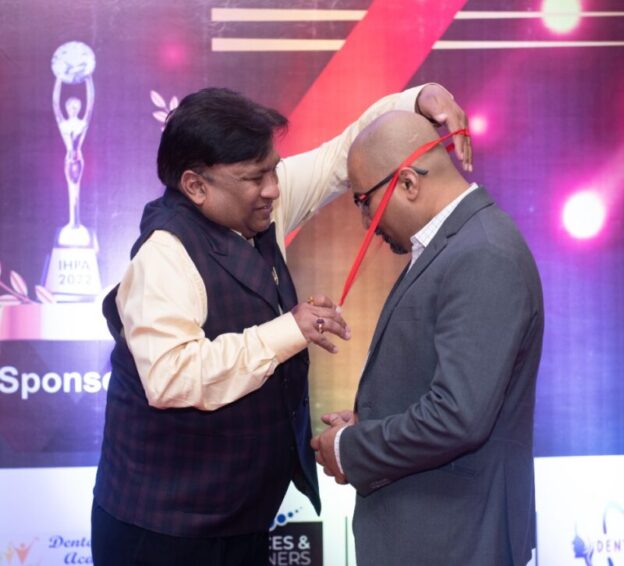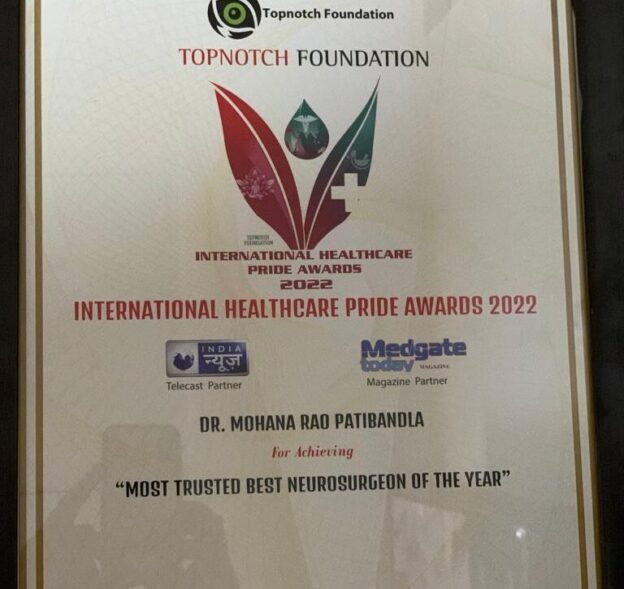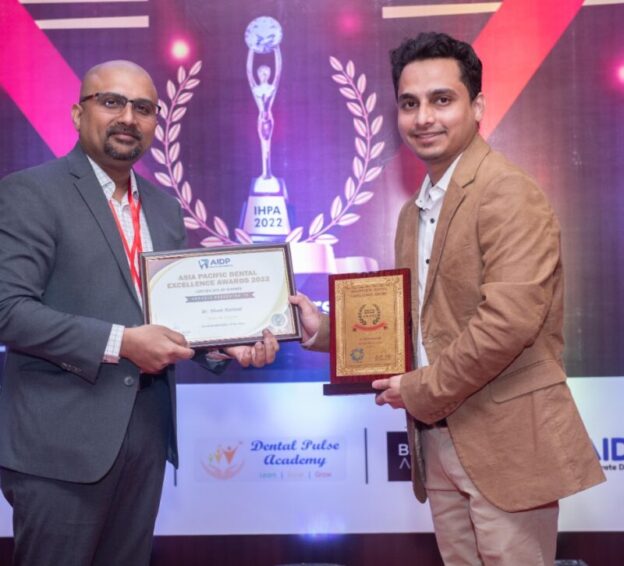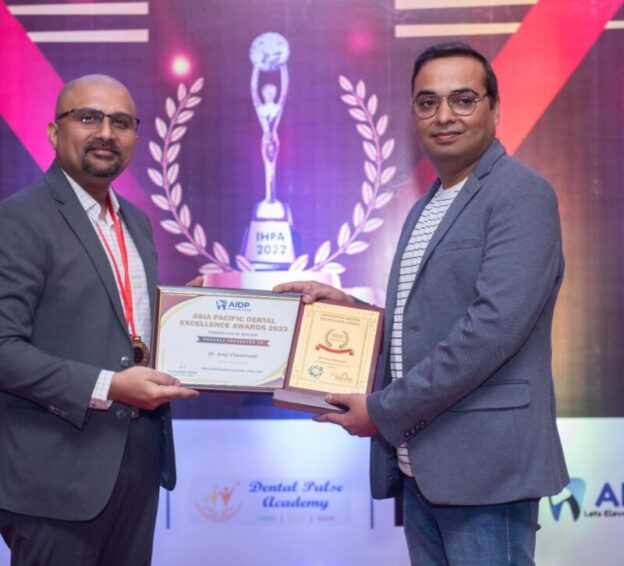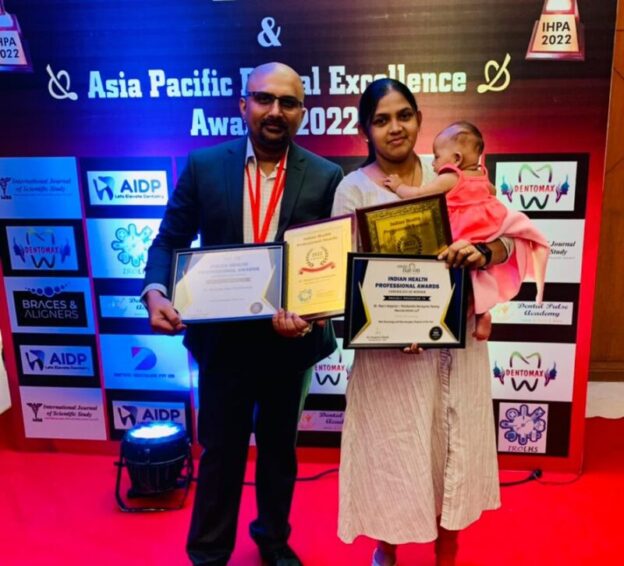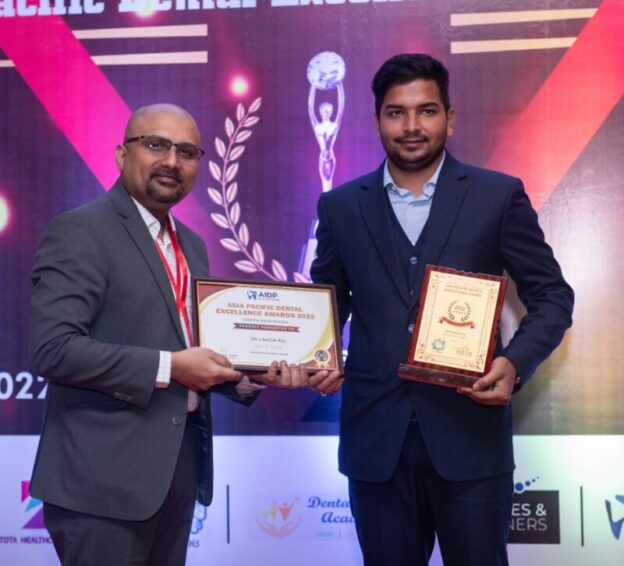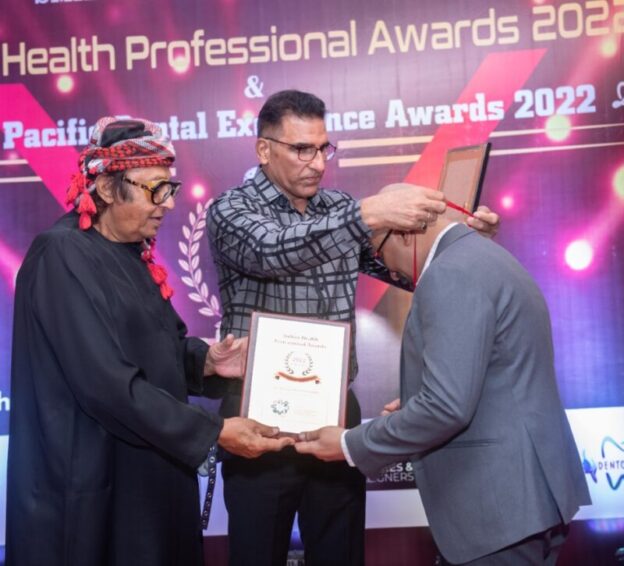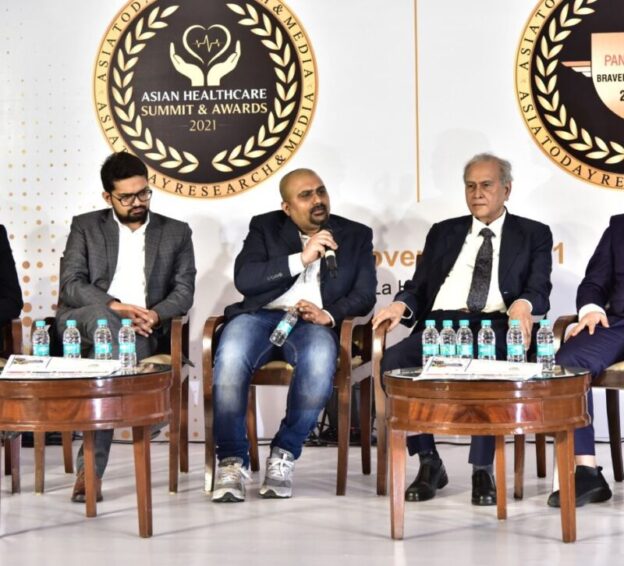Dr. Neurologist: Dr. Rao at Dr. Rao’s Hospital
Neurological disorders can be some of the most complex and challenging medical conditions to diagnose and treat. Thanks to the expertise of Dr. Mohana Rao Patibandla, patients receive world-class care for a wide range of neurological issues at Dr. Rao’s Hospital in Guntur, Andhra Pradesh. Known for his exceptional skills and compassionate approach, Dr. Rao has established himself as a leading neurologist in India. According to The Times of India coverage.
Expertise in Neurology
Dr. Mohana Rao Patibandla brings a wealth of experience and knowledge to his practice. After completing his MBBS from Andhra Medical College, Visakhapatnam, in 2002, Dr. Rao specialized in Neurosurgery at Nizam’s Institute of Medical Sciences, Hyderabad. His pursuit of excellence took him abroad, where he received advanced training in various subspecialties, including:
- Fellowship in Minimally Invasive Skull Base Surgery, Ohio, USA
- Pediatric Neurosurgery, Colorado, USA
- Pediatric Neurosurgery and Minimally Invasive Neurosurgery, Ohio, USA
- Neuro-oncology
- Functional and Stereotactic Radiosurgery, Virginia, USA
- Endovascular and Cerebrovascular, Virginia, USA
Dr. Rao’s extensive training and diverse experience make him exceptionally qualified to handle complex neurological conditions.
Comprehensive Neurological Care
At Dr. Rao’s Hospital, patients have access to comprehensive neurological care, including diagnosing, treating, and managing various neurological disorders. The hospital has state-of-the-art technology and facilities, ensuring patients receive the best possible care. According to dnaindia
Conditions Treated
Dr. Rao and his team specialize in treating a wide range of neurological conditions, including:
- Stroke: Rapid diagnosis and intervention are critical for stroke patients. Dr. Rao’s Hospital has advanced imaging technology and offers surgical and non-surgical treatment options.
- Epilepsy: Dr. Rao is skilled in managing epilepsy, offering both medical and surgical treatments to help patients achieve better control over their seizures.
- Brain and Spine Tumors: Using cutting-edge techniques, Dr. Rao provides comprehensive care for patients with brain and spine tumors, including minimally invasive surgical options.
- Pediatric Neurology: With specialized training in pediatric neurosurgery, Dr. Rao provides expert care for children with neurological conditions.
- Neurovascular Disorders: Dr. Rao is proficient in treating conditions affecting the blood vessels of the brain and spine, using both endovascular and open surgical techniques.
Patient-Centered Approach
One of the hallmarks of Dr. Rao’s practice is his patient-centered approach. He takes the time to listen to his patients, understand their concerns, and develop personalized treatment plans. His compassionate care and dedication to his patient’s well-being have earned him a reputation as one of the most trusted neurologists in the region.
Advanced Technology and Techniques
Dr. Rao’s Hospital is committed to staying at the forefront of medical technology. The hospital features the latest diagnostic and therapeutic tools, ensuring patients receive the most advanced care. Dr. Rao continually updates his skills and knowledge to incorporate the latest advancements in neurology and neurosurgery into his practice.
Education and Research
In addition to his clinical work, Dr. Rao is actively involved in research and education. He regularly participates in national and international conferences, contributing to the advancement of neurological sciences. His commitment to research ensures that his patients benefit from the latest innovations and evidence-based treatments.
Testimonials
Patients who have received care from Dr. Rao frequently laud his expertise, kindness, and dedication. Here are a few testimonials from grateful patients:
- “Dr. Rao is a brilliant neurologist and a kind and caring doctor. He helped my mother recover from a severe stroke, and we are forever grateful.” S. Reddy.
- “Our son was diagnosed with a brain tumor, and we were devastated. Dr. Rao’s expertise and compassionate care gave us hope and helped our son recover. We can’t thank him enough.” P. Kumar.
Visit Dr. Rao’s Hospital
If you or a loved one is experiencing neurological issues, don’t hesitate to seek the best care available. Visit Dr. Rao’s Hospital for expert diagnosis and treatment from one of India’s top neurologists. As reported by ahmedabadmirror
Location: 12-19-67, Old Bank Road, Kothapet, Opposite Sravani Hospital, Guntur, Andhra Pradesh
Phone: 090100 56444
Website: drraoshospitals.com
Email: info@drraoshospitals.com
Experience compassionate, cutting-edge neurological care at Dr. Rao’s Hospital, where your health and well-being are our top priorities.

